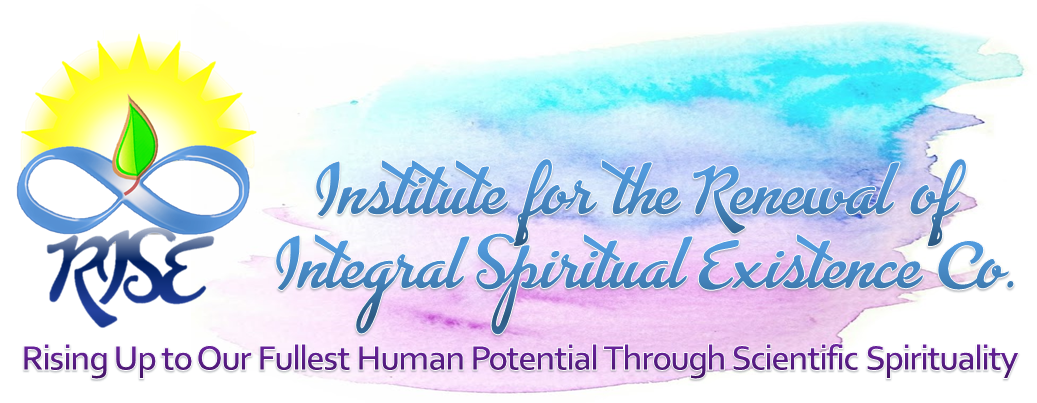The article on music evoking similar emotions and bodily sensations across cultures sheds light on the universality of musical experiences. By analyzing data from over 80,000 listeners across 60 countries, researchers discovered that despite cultural differences, people from diverse backgrounds consistently associate similar emotions and bodily sensations with specific musical features.
This suggests that certain aspects of music may tap into fundamental human emotions and physiological responses that transcend cultural boundaries. The findings have significant implications for understanding the psychological and physiological effects of music, highlighting its potential as a universal language that connects individuals across different societies. This research opens up avenues for further exploration into the underlying mechanisms of musical perception and its impact on human cognition and behavior.
Editor’s Note: These days, we use music for all sorts of things: to balance our emotions, to enhance mood, focus, and attention, some even use it for healing!
Johns Hopkins has launched research on how to harness the power of music to heal Alzheimer’s disease, stroke, epilepsy, autism, and Parkinson’s. Meanwhile, the American Music Therapy Association is actively utilizing music as a therapeutic approach for education, mental health, and a variety of diseases.
But long before all these, music has been used by various world traditions to bring about transcendental states of consciousness. Music has enabled us to partake in the world of the invisible and the divine.
Read Original Article
Read Online
Click the button below if you wish to read the article on the website where it was originally published.
Read Offline
Click the button below if you wish to read the article offline.





